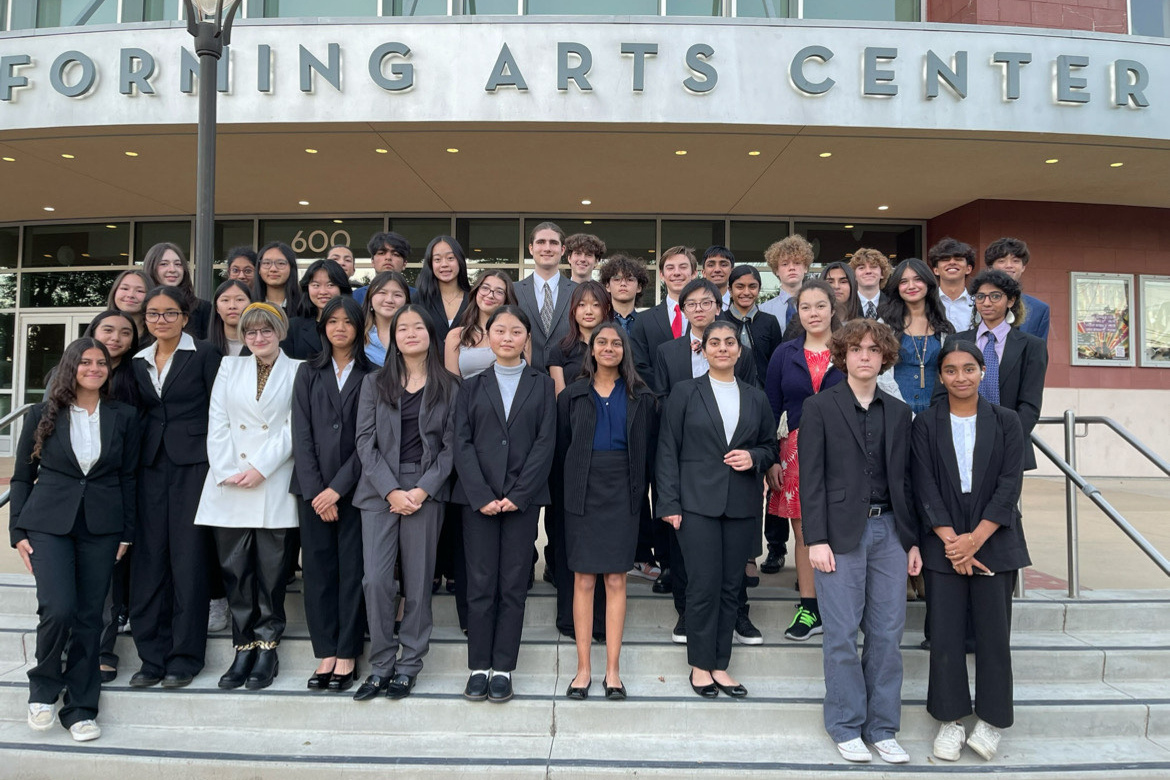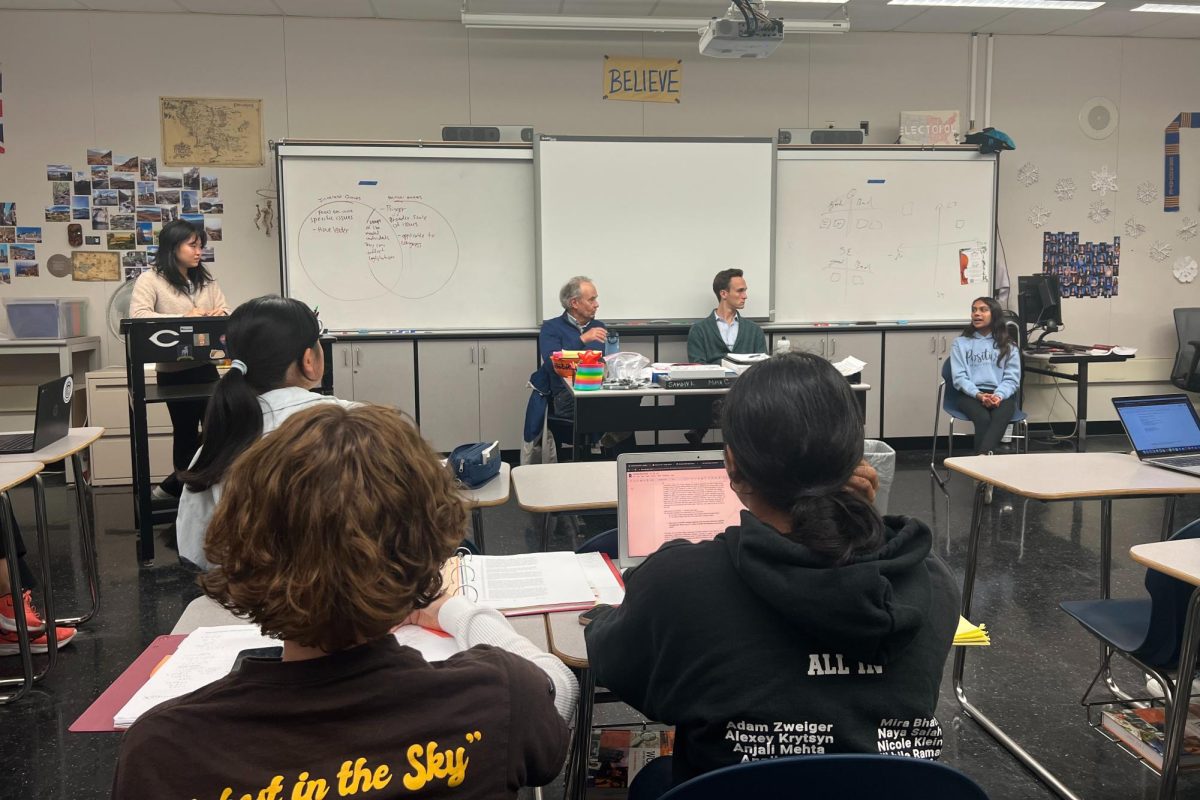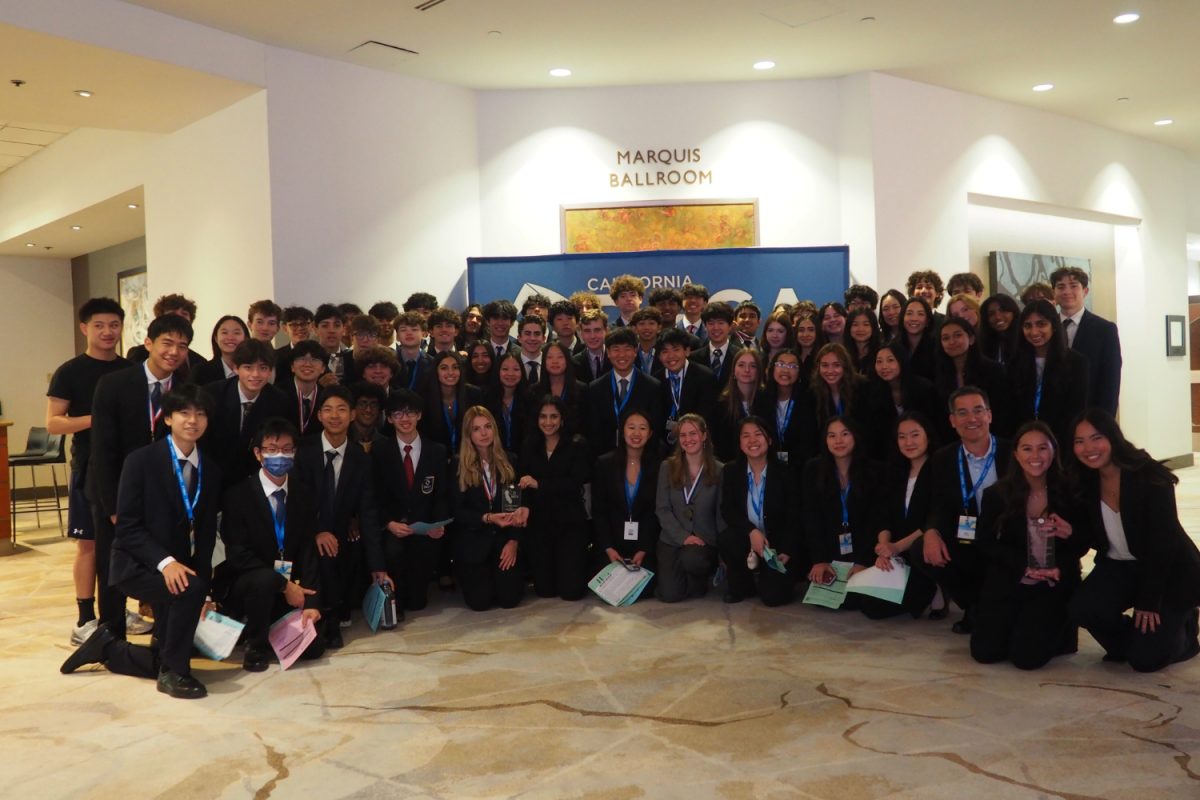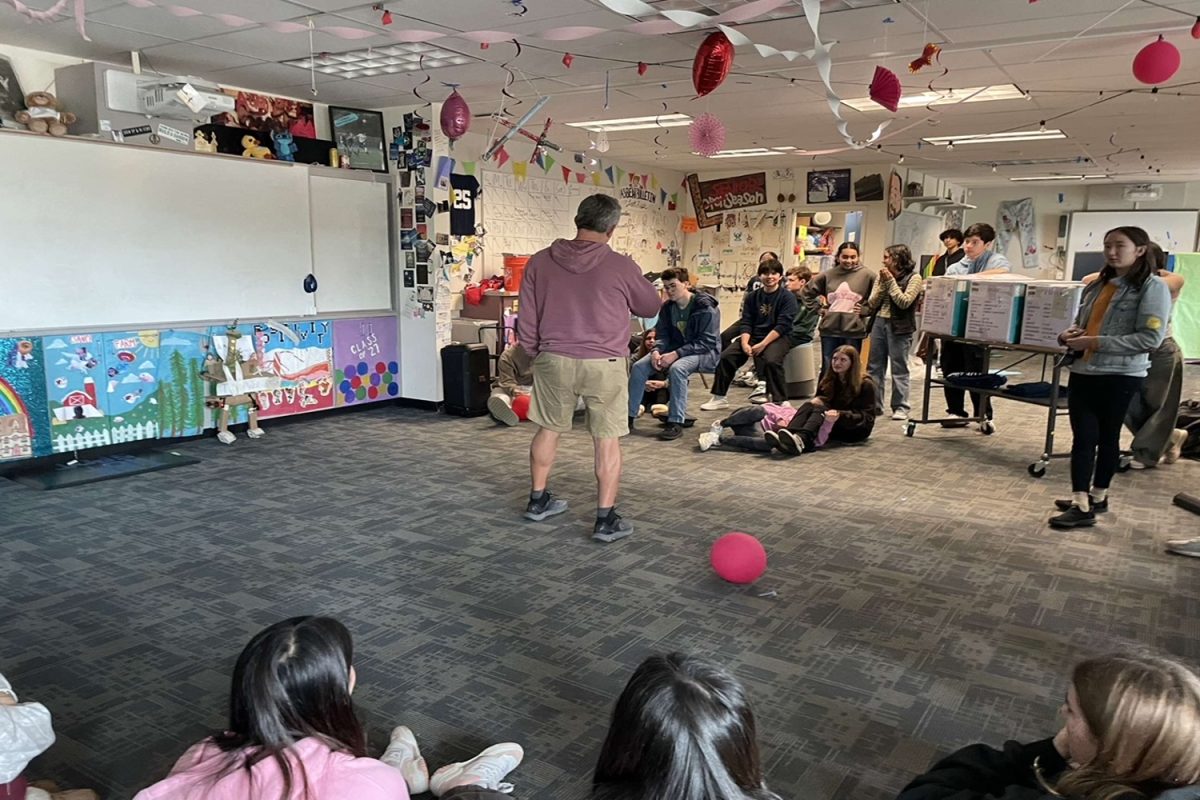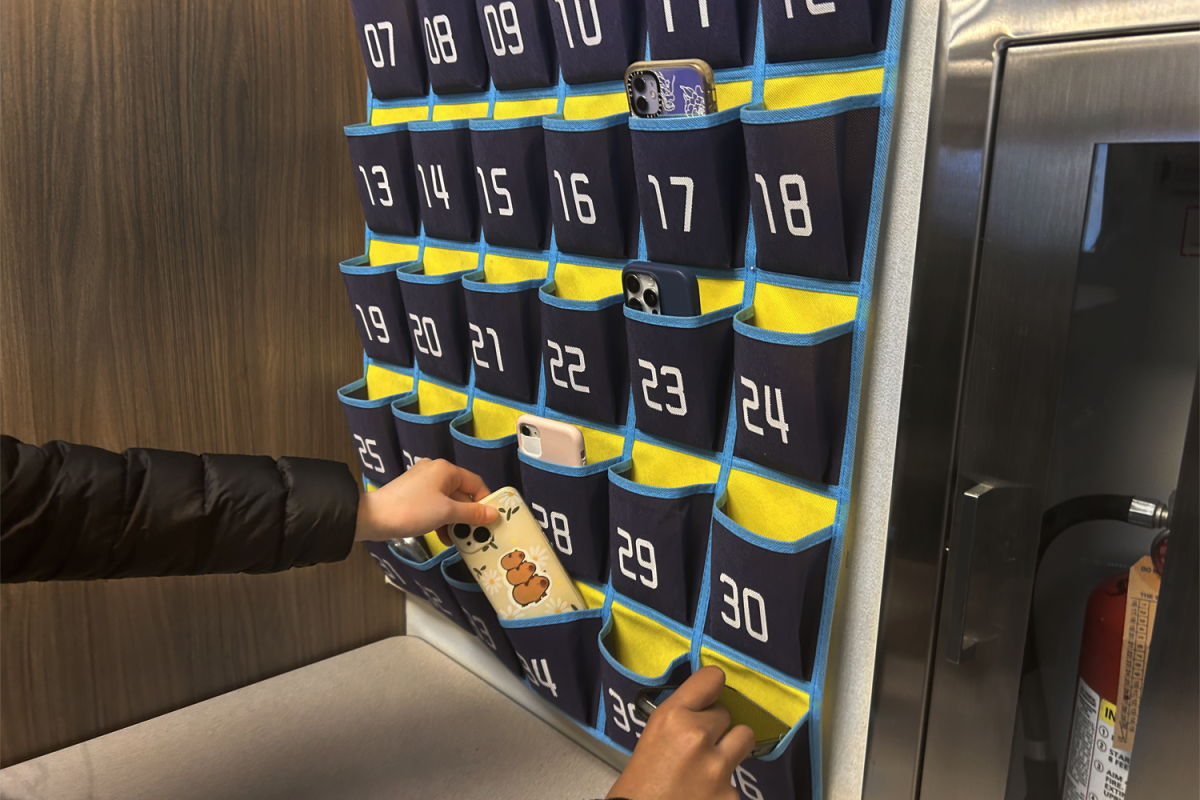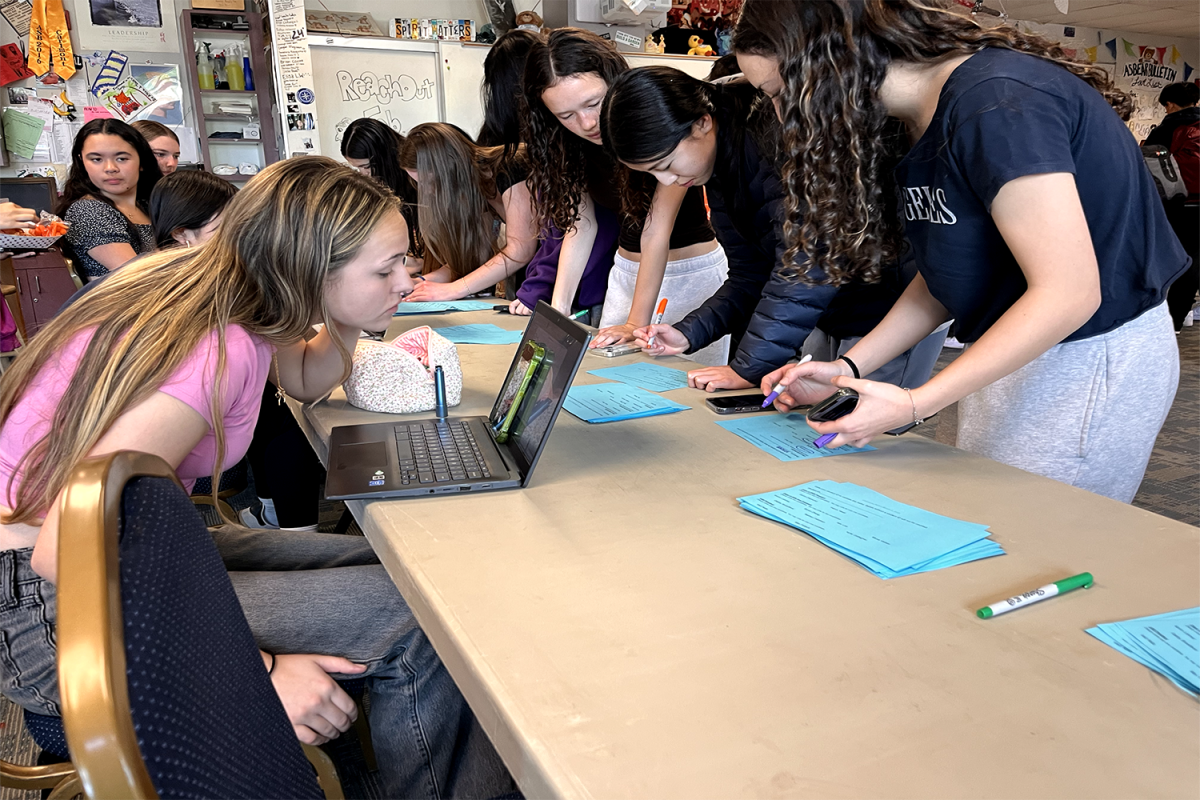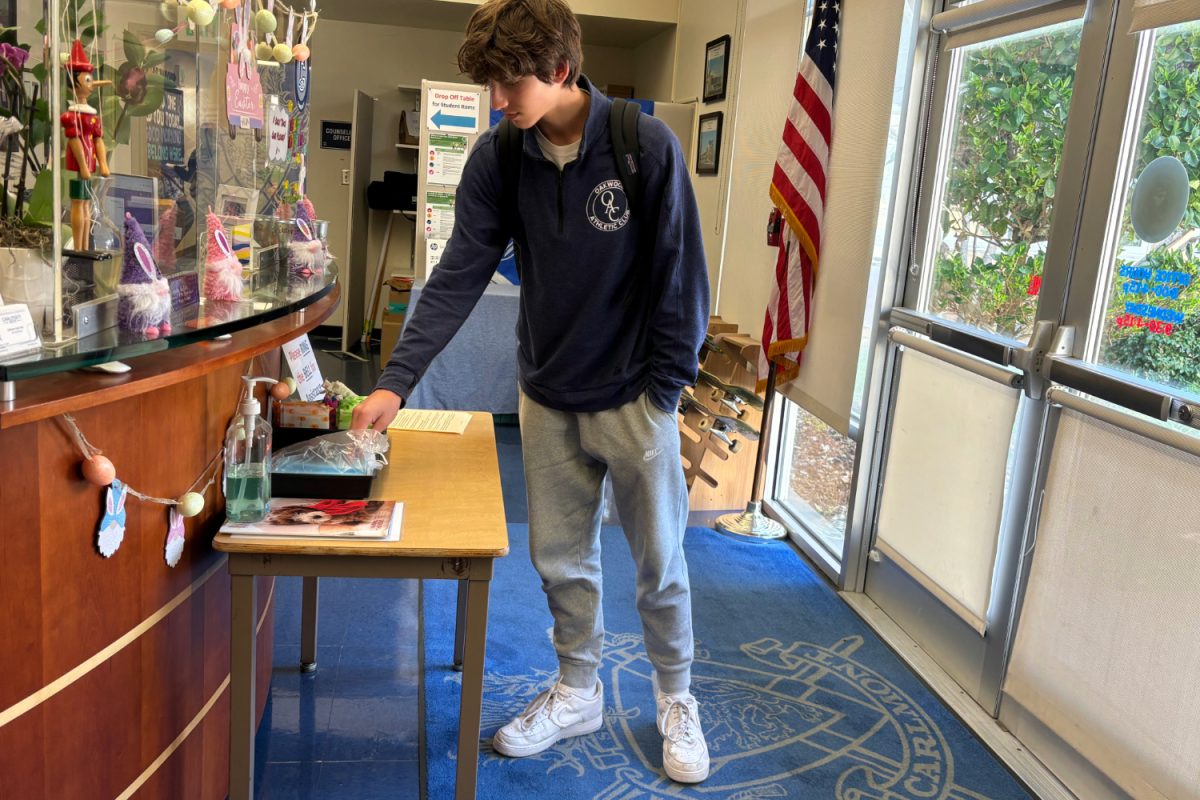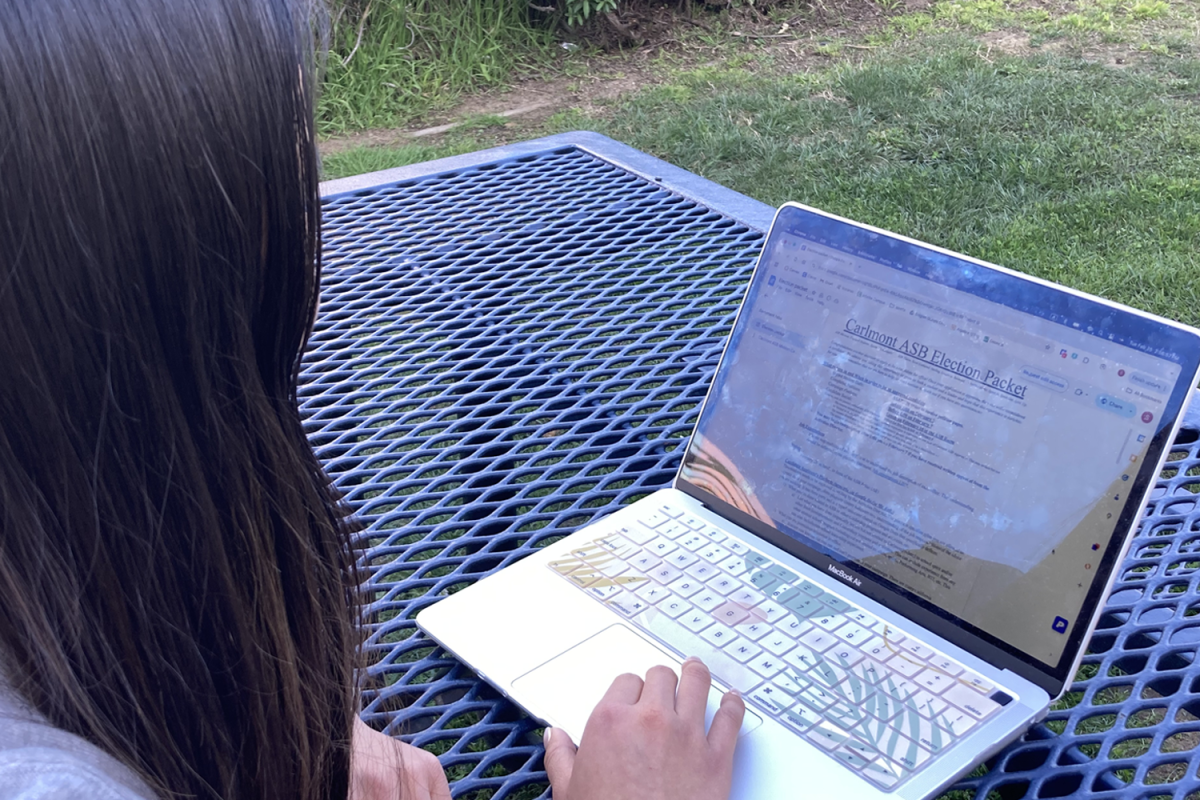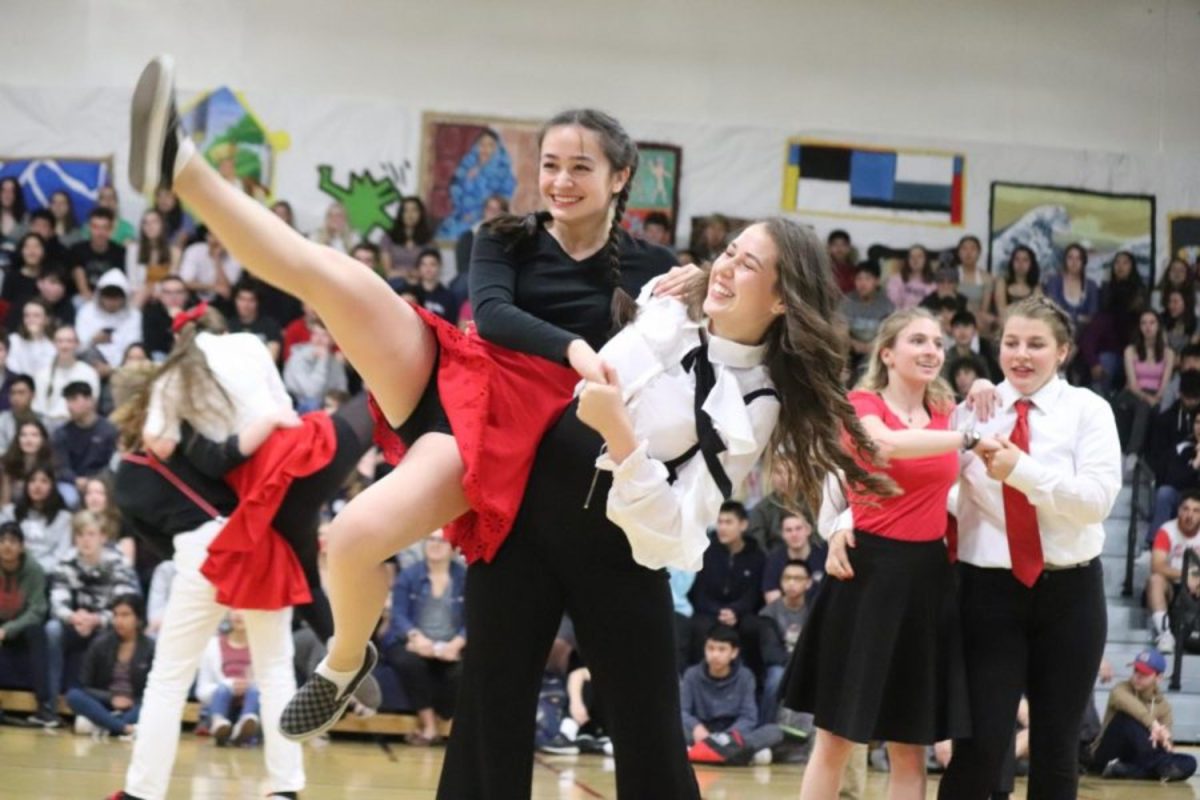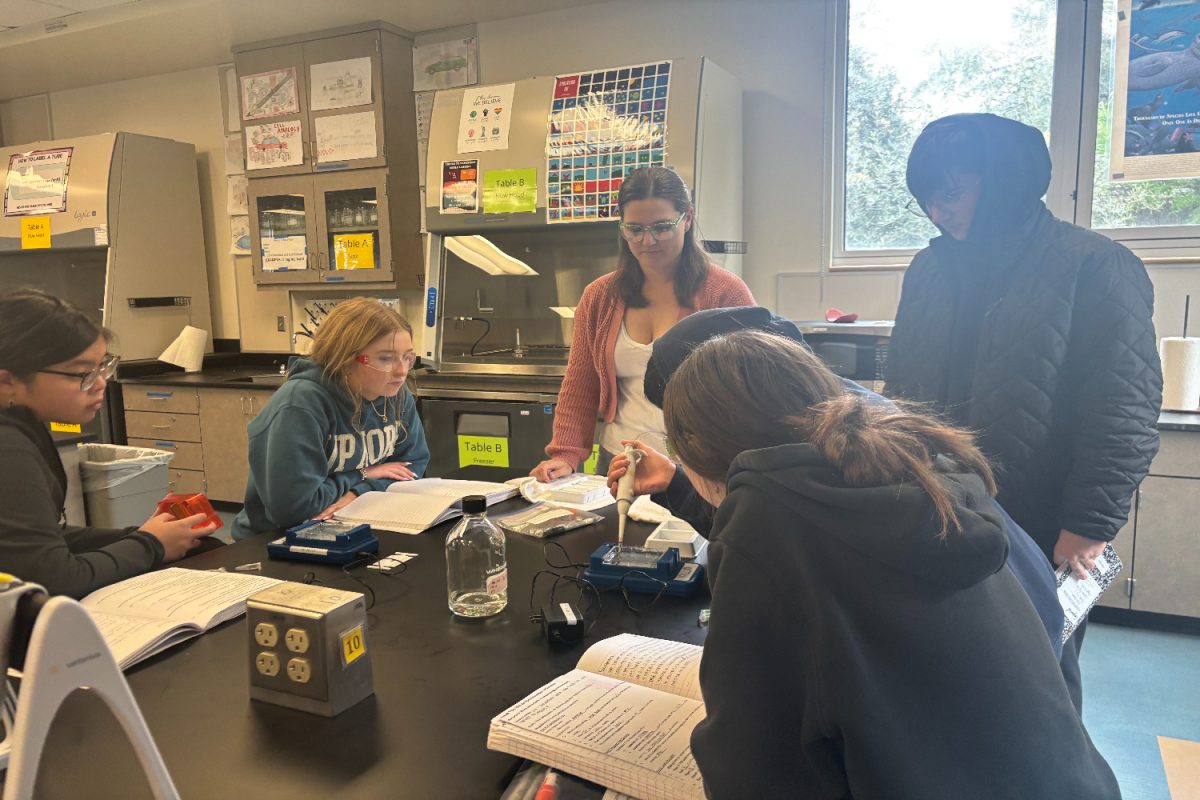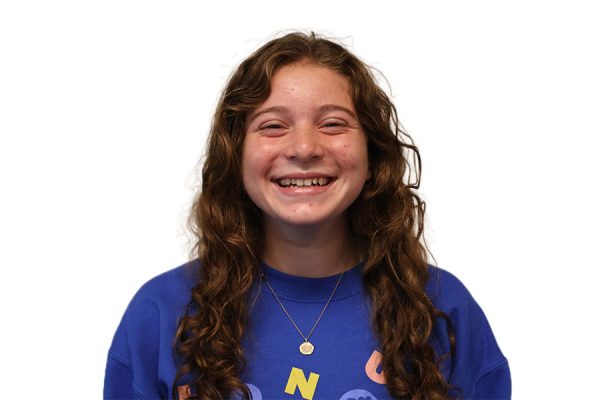In anticipation of the upcoming competitive season, Carlmont’s Mock Trial Club has begun perfecting its skills through practice scrimmages.
Mock Trial is a club where students are led through a hypothetical court case with the aid of real-world professionals who understand the ins and outs of law and order.
The nitty-gritty of Mock Trial truly presents itself as an opportunity for members to develop and critique strengths such as public speaking, presentation, synthesizing evidence, and critical as well as quick thinking.
“It’s exciting when you get to see students grow,” said Suvarna Bhopale, a former attorney and Carlmont’s varsity prosecution coach.
The Mock Trial Club at Carlmont is specifically split into three separate teams: varsity prosecution, varsity defense, and junior varsity which houses a combined prosecution and defense group. One’s role on the team is determined at tryouts at the start of the year.
Also provided at the beginning of the year is a case packet about a legal proceeding selected by the Constitutional Rights Foundation (CRF) which administers and facilitates the Mock Trial program. Information such as the charges being tried, witness statements, proper evidence, appropriate language, and examples of objections are shared within the packet.
“The case packet is kind of like a guide for everything we do,” said Sushant Bhopale, Carlmont senior and President of Mock Trial.
Although teams meet twice weekly to educate themselves about the facts inside the case packet, it isn’t enough. To remedy this, scrimmages are hosted to give students more time to evaluate and construct their arguments.
“Scrimmages are trying to approximate what you would have in a courtroom, but there’s a judge there. You have your objections and you have the same time limits that you’d have in court as well,” Sushant Bhopale said.
In November, Carlmont faced San Mateo High School in their first scrimmage of the year. Later on in December, its own two varsity teams took each other on to test their performances in a real courtroom.
Suvarna Bhopale is in strong support of transferring the typical responsibilities she handles throughout practices to her mentees during these simulations.
“Until you have to do it, you don’t understand,” Suvarna Bhopale said.
Another advocate for the importance of scrimmages is Satvik Nanda, a junior at Carlmont and a member of the Varsity Defense Team. Having been a Mock Trial member for three years, Nanda has observed crucial characteristics necessary for success.
“Confidence is the most important thing in Mock Trial. It’s less about what you say and more about how you say it,” Nanda said.
However, not all scrimmage skills will carry over to benefit Mock Trial participants during the competitive season.
While scrimmages are painted to be like the real mock trials that will commence after winter break, there is a significant difference between the two: scoring.
When the trials turn competitive, every statement, objection, and obscure component of a team’s performance will be scored. As these values are later compared to other schools, some may face the possibility of advancing to state, or even, national finals.
Regardless of how far a club makes it in the rankings, there is always immense pride in the progression a group has made since their preseason scrimmages.
“I can’t imagine where our team would be if we just immediately went into the competition,” Nanda said. “So having these scrimmages to fall back on is a really important tool to have.”

